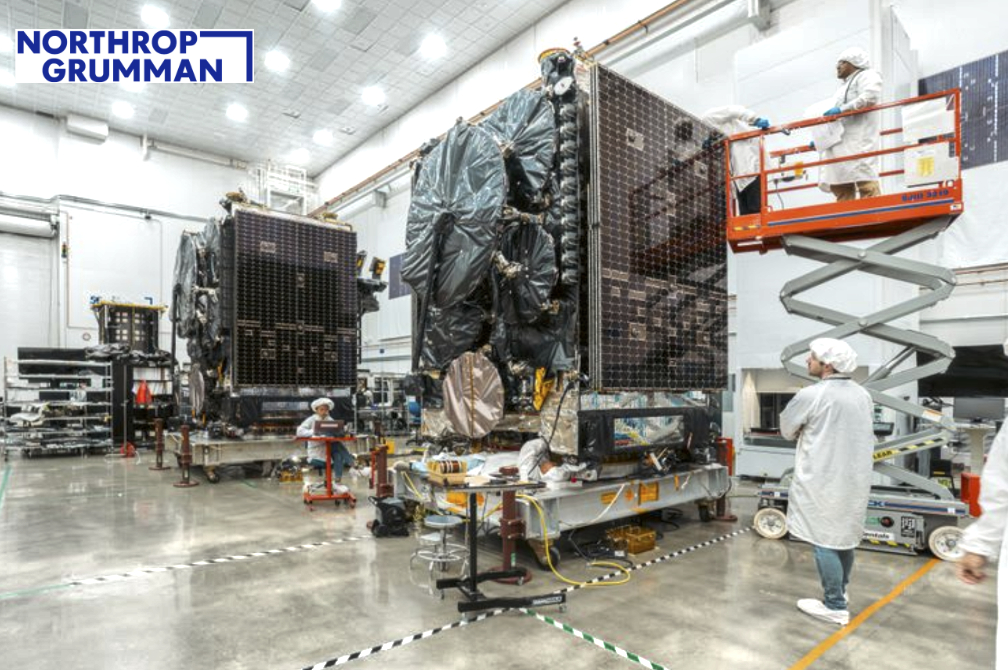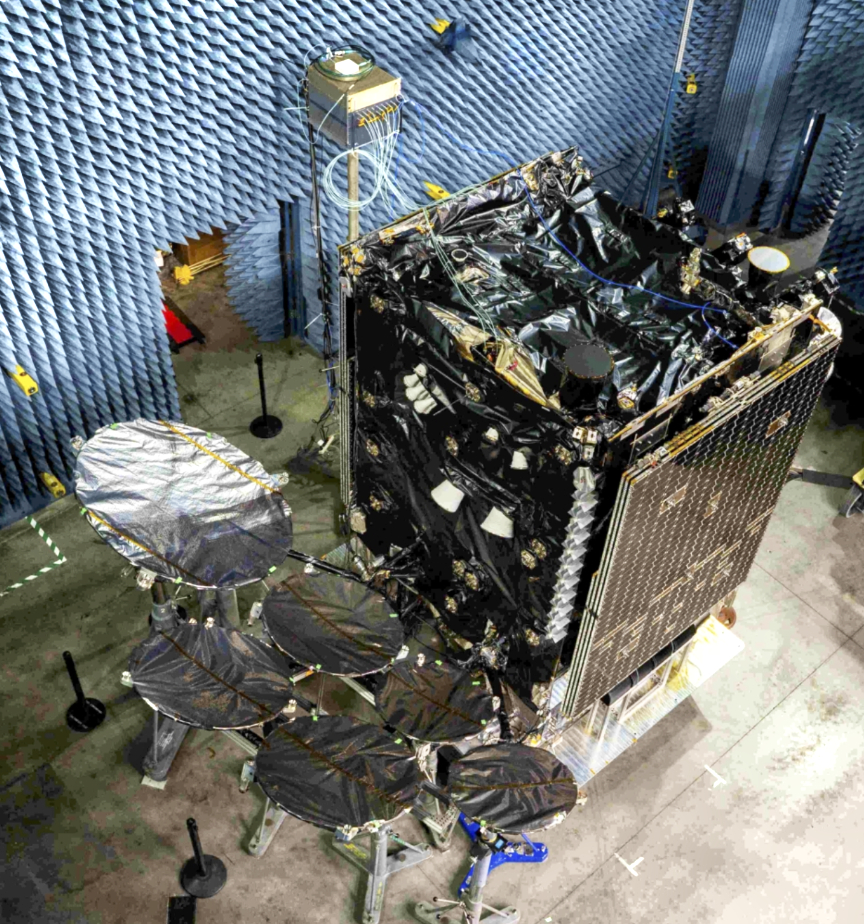
Northrop Grumman Corporation (NYSE: NOC) has delivered its two-satellite constellation to the launch site for Space Norway‘s Arctic Satellite Broadband Mission (ASBM) — these satellites will bring commercial broadband and protected military satellite communications to the hard-to-reach northern polar region.

- ASBM uses Northrop Grumman’s GEOStar-3 hosting platform and to date, the GEOStar space vehicles have been used in over 40 missions.
- Space Systems Command’s Enhanced Polar System-Recapitalization (EPS-R) payload, designed for secure military satellite communication, will be the first operational U.S. military payload hosted on a commercial space vehicle operated by an international partner.
- The ASBM satellites are scheduled for launch on a SpaceX Falcon 9 rocket from Vandenberg Space Force Base in California as early as mid-July.

ASBM is a combined effort between Space Norway, the Norwegian Armed Forces, the U.S. Space Force, Viasat and Northrop Grumman. The GEOStar-3 satellites provided for ASBM include the space vehicles and operating systems for power, propulsion, communications, command and data handling, thermal control and guidance and navigational control.

Northrop Grumman is also providing the U.S. Space Force EPS-R payload and Control and Planning Segment ground system for this critical capability. The satellites will in addition carry an X-Band payload for the Norwegian Armed Forces, a Ka-Band payload for Viasat, and a Norwegian Radiation Monitor payload.
U.S. Space Force’s EPS-R is designed for secure military communications. Hosting EPS-R on ASBM satellites opens future opportunities to distribute payloads across hybrid government-commercial satellites, which increases resiliency and reduces costs while maintaining security requirements.
Brandon White, vice president and general manager, tactical space systems, Northrop Grumman, said, “ASBM pioneers a new path for hybrid government-commercial missions. Northrop Grumman’s work with ASBM showcases our decades of on-orbit experience and end-to-end space technology expertise, delivering coverage to one of the most hard-to-reach regions of the globe.”
